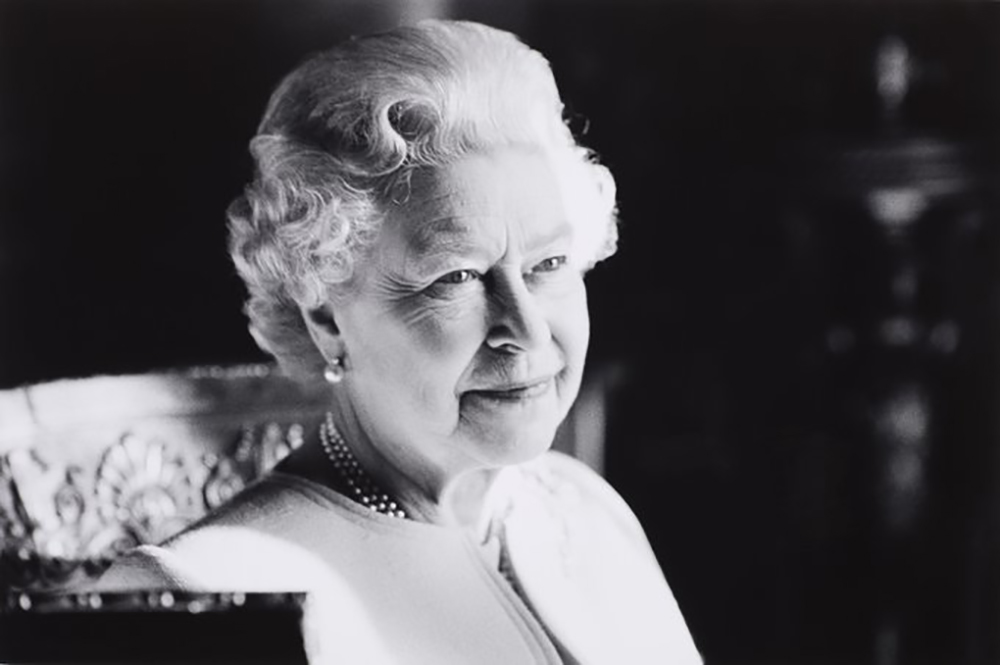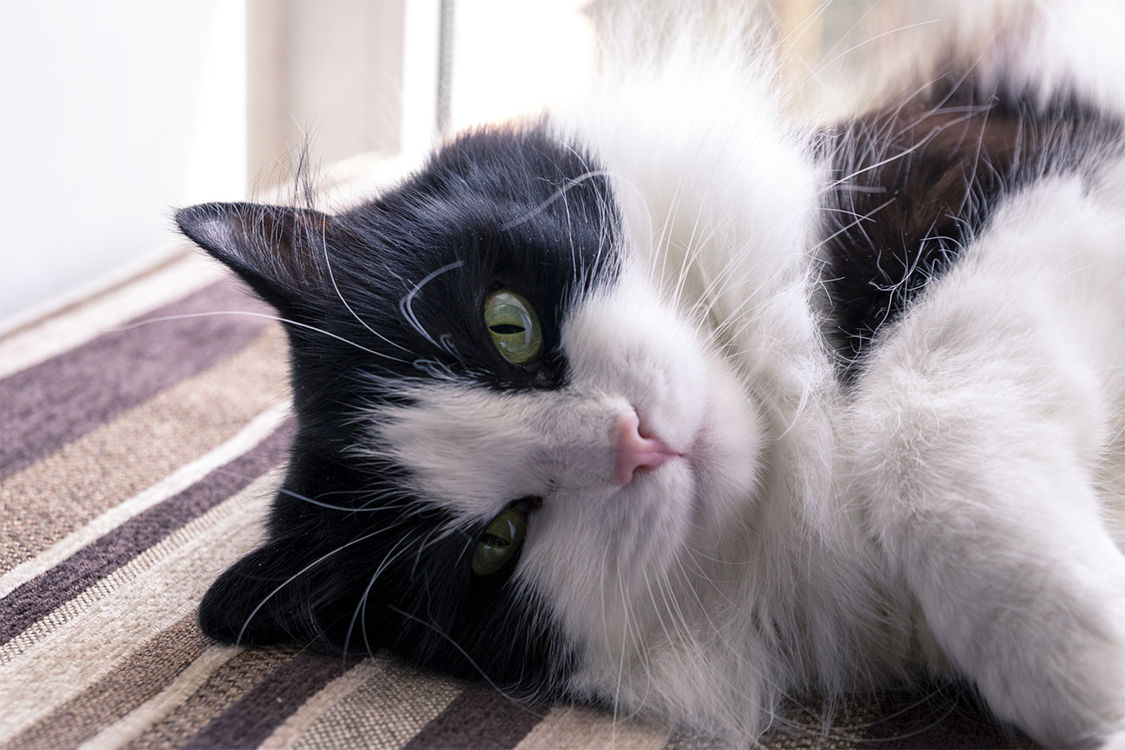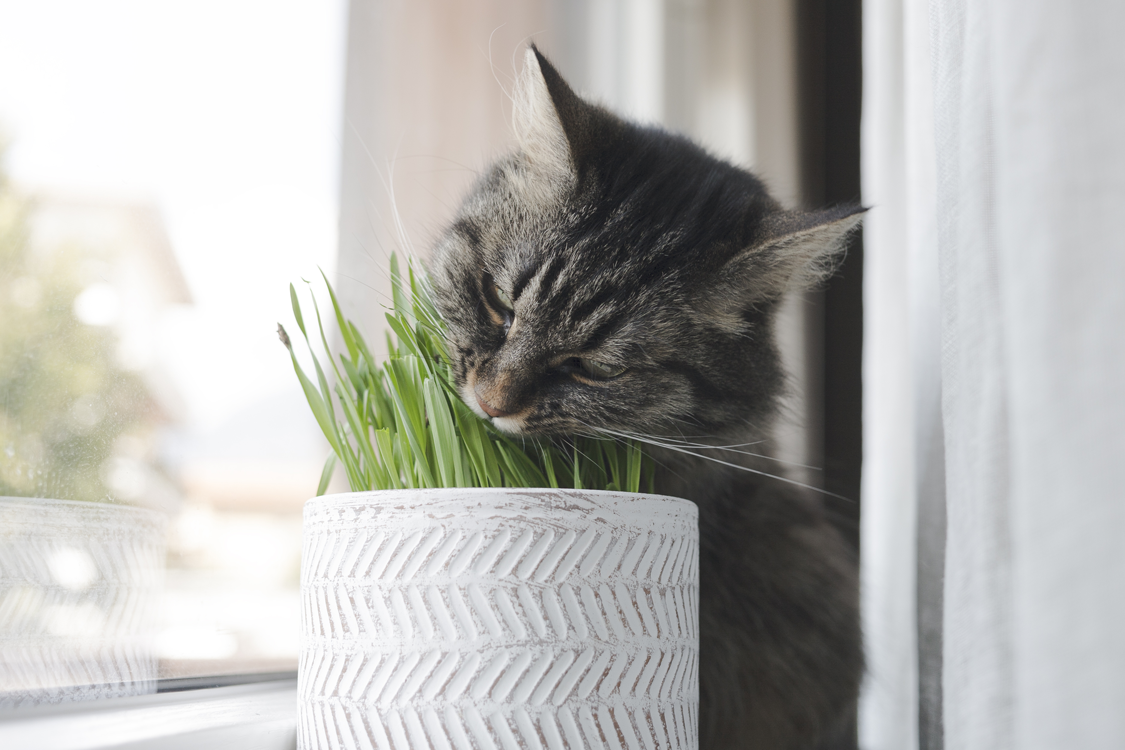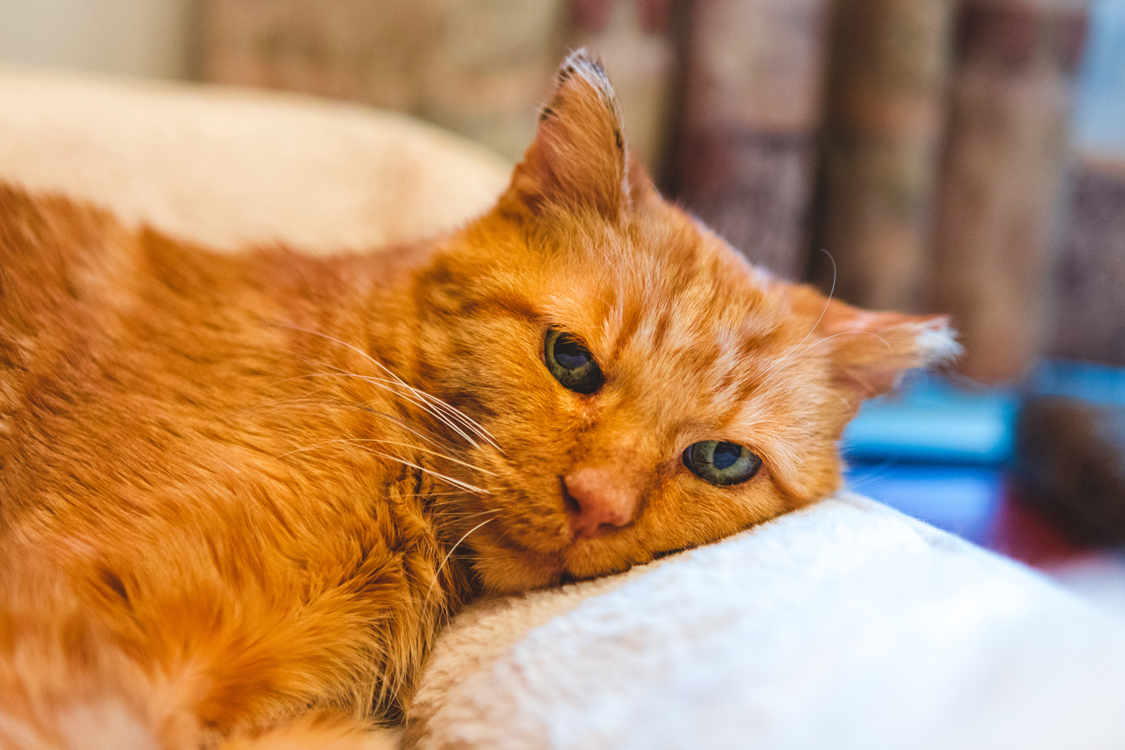
All you need to know about cat separation anxiety
With more people going back to the office and taking extended trips away from the home, we know that many of you will be worried about cat separation anxiety.
Due to COVID-19, your cat may have gotten used to having you around more. You may have noticed that your cat has become increasingly attached to you as you spent longer periods of time with them at home.
But as life returns to normal, the sudden separation could cause your cat to feel confused and stressed. To help you to feel more at ease about leaving your cat in our care, we have put together this handy guide about cat separation anxiety.
What is cat separation anxiety?
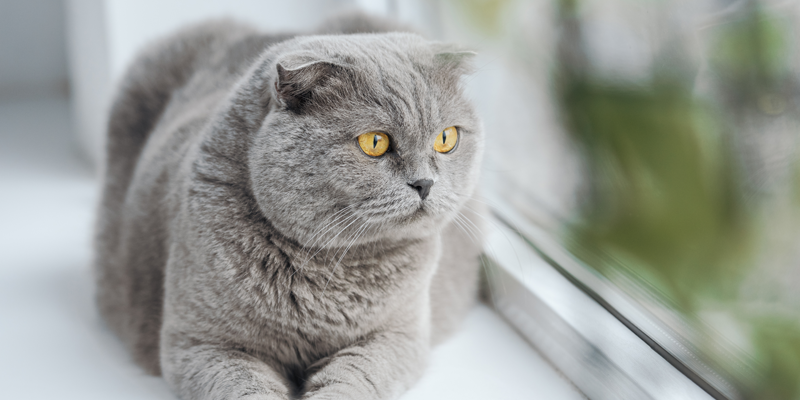
Cats can feel stressed just as humans do. Separation anxiety in cats is when our feline friends feel stress about being away from their owners. It can vary greatly from cat to cat and cause some very real problems.
Whilst cats normally have a reputation for being solitary animals, this is not always the case. Cats can become very attached to their owner and experience anxiety when separated from them.
Over attachment can occur when the cat becomes used to getting lots of attention. Our feline companions love routine. So, when an owner is suddenly not there as often, a dependant cat may have a difficult time trying to cope.
If you think your cat could be overly attached, it is important to know the signs of separation anxiety.
Signs of cat separation anxiety
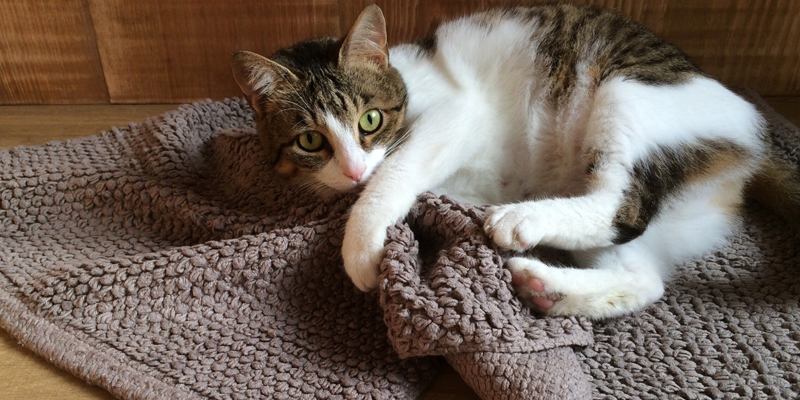
Whilst every cat is different, generally when they are stressed there may be a noticeable change in their behaviour. There are a few signs that could indicate your cat is suffering from separation anxiety.
Vocalisations
Some cats may become more vocal when you leave them. Excessive meowing, yowling or whining can indicate distress. This normally occurs once the owner has left, so you may not even be aware of it.
You may notice when you start to get ready to leave the house that your cat begins asking for attention. This is because they are aware that you will be leaving soon and are feeling apprehensive about it.
Destructive behaviour
Another way a cat can deal with separation is through destructive behaviours. Some cats may claw and scratch at furniture or doors, causing a lot of damage. As well as this, your feline companion may wee in places outside of their litter trays.
When this occurs, it is important not to punish your cat as this could make things worse. Try to understand that it is not a spiteful behaviour but a way your cat is trying to handle their stress.
Excessive or under grooming
One other possible sign of cat anxiety could be excessive grooming. Cats groom to keep clean but it also helps them to feel better in stressful situations. Over-grooming could lead to hair loss so it is important to nip this in the bud where possible.
Alternatively, if your cat normally likes to groom but you notice they are not grooming as much, this could also be a sign of stress. Your cat may reduce its grooming time or stop altogether.
How we tackle cat separation anxiety
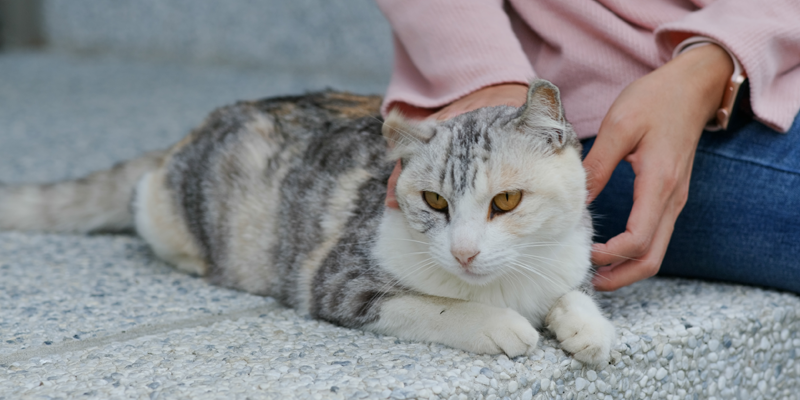
When you leave your cats with us, we treat them the same as we do our own cats. We want them to feel as comfortable as possible during their stay with us. To help them settle in quickly, we have designed the cattery services with their wellbeing in mind.
Enriching environment
One way to minimise cat separation anxiety is to create a refuge for the cat as their safe space. The cattery chalets all have indoor and outdoor spaces with different levels of height. In every unit there are places for your cat to look out from or hide away in, depending on how they are feeling.
Nestled in the East Sussex countryside, there is plenty of wildlife to keep your feline friend entertained during their stay. We also provide scratching posts and toys for extra stimulation, something which can help an anxious cat to get their stresses out.
Play and cuddle time
Another way to tackle separation anxiety is to provide plenty of cuddles and playtime. We designate time with every cat, every day that they are with us to have some playtime with a selection of toys.
As well as playtime, we make sure that each cat gets attention. Cuddle time is important to help the cats to feel safe, secure and looked after. We take extra care with those who may need more time to settle in.
Routine
Cats like to keep to a set structure. That is why we feed the cats regularly and have designated play and cuddle time. This helps your cat to feel more settled whilst they are here, as they come to know what to expect.
Arlington Cattery has cared for cats for over 10 years. Using our expertise, we can spot the signs of a stressed cat and do what we can to help alleviate separation anxiety.
Please get in touch with the team if you have any questions about the cattery and our practices. If you are ready to make a booking, use our online form or call 01323 846 454.
If you are worried about your cat showing any out of the ordinary behaviours, please seek veterinary advice in the first instance.

